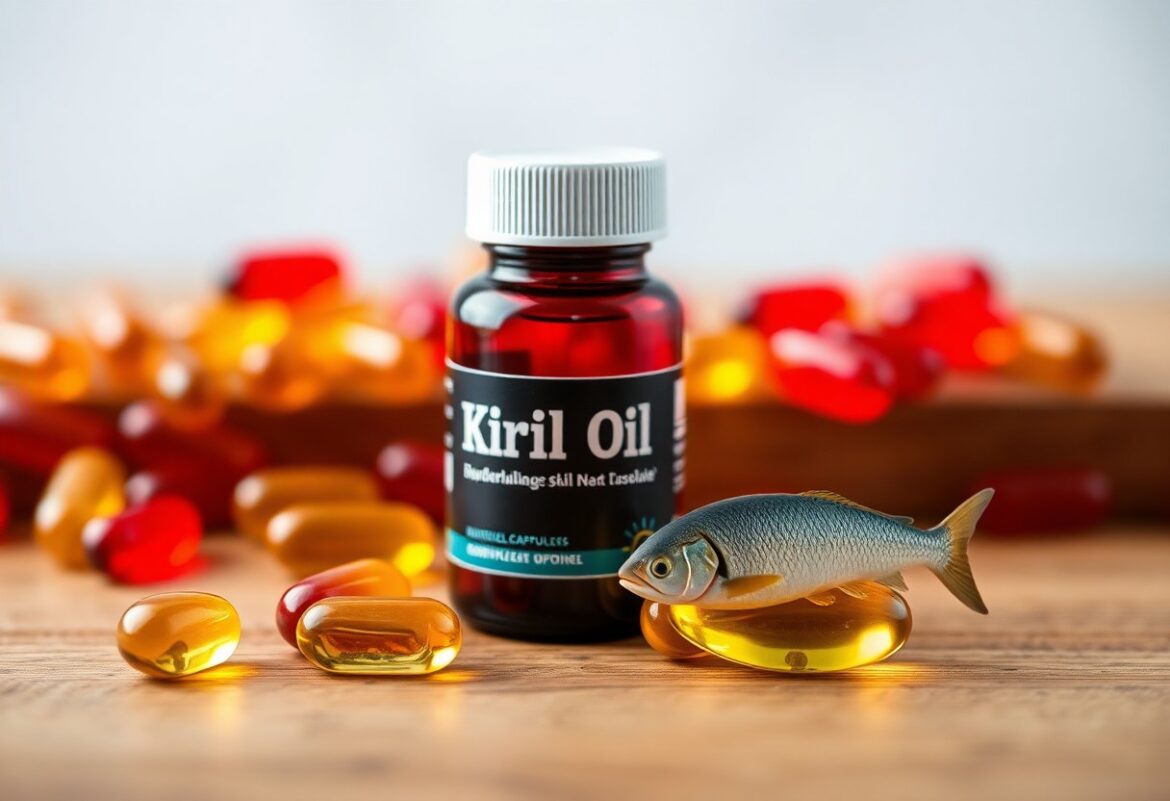Many individuals explore dietary supplements to enhance their health, and when it comes to omega-3 fatty acids, you may encounter products like fish oil and krill oil. Both are popularly known for their health benefits, but you might wonder what sets krill oil apart from other omega-3 sources. This article researchs into key distinctions that can help you make informed decisions about your supplement choices.
One of the primary differentiators between krill oil and its omega-3 counterparts, such as fish oil, lies in the source. Krill are tiny crustaceans found in the ocean, while fish oil comes from the tissues of oily fish like salmon, mackerel, and sardines. The method of extraction is also a vital factor; krill oil is often extracted through a more advanced process that helps maintain its quality and potency.
When comparing the omega-3 content, both krill oil and fish oil provide beneficial fatty acids like EPA (eicosapentaenoic acid) and DHA (docosahexaenoic acid). However, the bioavailability of omega-3s in krill oil tends to be higher, meaning your body can absorb and utilize these fatty acids more effectively. This advantage is partly due to the unique composition of krill oil, which contains omega-3s in the form of phospholipids, unlike fish oil, which primarily contains them in triglyceride form. Phospholipids enhance the transport of omega-3 fatty acids into your cells.
Another aspect to consider is the presence of astaxanthin in krill oil. This antioxidant gives krill its reddish color and plays a role in enhancing the health benefits of the oil. Antioxidants help protect your body from oxidative stress, while astaxanthin specifically has been shown to support eye health, skin health, and overall immune function. In contrast, fish oil lacks this powerful antioxidant, making krill oil a more nutritionally rich option.
One of the common concerns when consuming fish oil is its potential fishy aftertaste or burps. Krill oil, on the other hand, is less likely to cause this unpleasant side effect. Many people find krill oil easier to tolerate, which could encourage more consistent use in your daily routine.
Lastly, sustainability is an important aspect worth mentioning. Many fish oil products are derived from overfished species, raising environmental concerns. Krill, on the other hand, are harvested from abundant populations that are more sustainable. This means that when you choose krill oil, you’re opting for a choice that is generally considered more environmentally friendly.
In the end, when it comes to choosing between krill oil and other omega-3 sources, several factors set krill oil apart. With higher bioavailability, the presence of astaxanthin, fewer side effects, and sustainability, krill oil could be an excellent option for your health regimen. As with any supplement, it’s wise to consult with a healthcare professional to determine what best supports your individual health needs.


